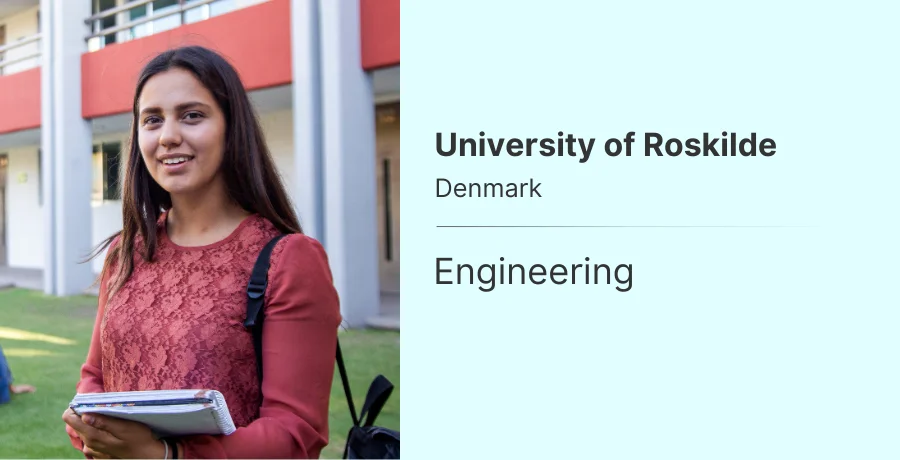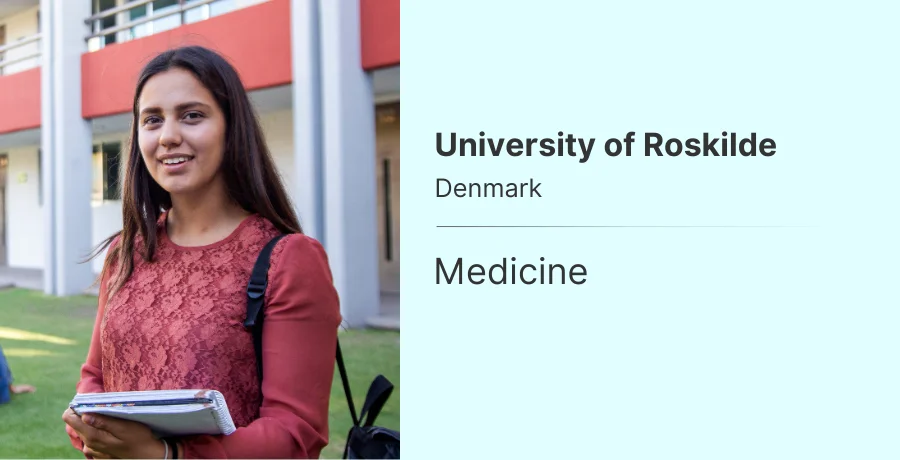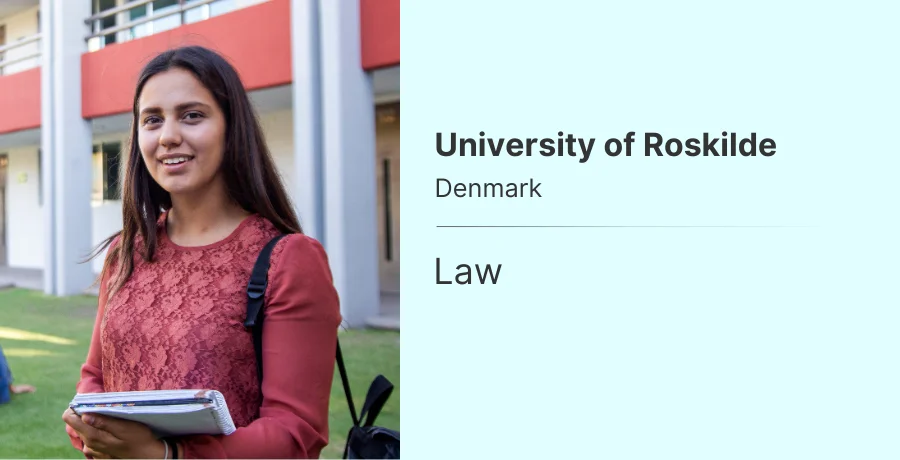National Film School of Denmark - Highlights
Established in 1966, the National Film School of Denmark is a premier institution renowned for its excellence in film education and research. The school is situated in Copenhagen and is a part of the Danish Ministry of Culture. It provides a conducive environment for learning with state-of-the-art infrastructure and experienced faculty who are experts in their fields. The institution is accredited by several prestigious organizations and has received numerous accolades for its contributions to the film industry. The school is well-funded, ensuring that students have access to the best resources available.
- Year of Establishment: 1966
- QS Ranking: Top 100 in arts and humanities
- Other Rankings:
- Top 10 in Europe for film studies
- Ranked 5th in student satisfaction
- Top 20 globally for creative arts
- Top 50 for research output
- Ranked 15th for post-graduation employment
- Infrastructure: Modern studios, cutting-edge equipment, and extensive libraries
- Teaching Faculty: Highly experienced professionals and industry experts
- Funding: Substantial funding from the Danish government and private sources
- Accreditation: Accredited by the Danish Ministry of Culture and other international bodies
National Film School of Denmark - Admissions
The admission process at the National Film School of Denmark is highly competitive, attracting students from all around the globe. The university has a diverse student body with a significant percentage of international students. The academic year is divided into two semesters with intakes primarily in the fall. The university's infrastructure supports a conducive learning environment with modern facilities and resources.
UG Admissions
- Completed high school education with good grades.
- Submission of a creative portfolio showcasing the applicant's work.
- Letters of recommendation from teachers or industry professionals.
- Personal statement outlining the applicant's interest and goals in film studies.
- Proficiency in Danish or English, depending on the program.
PG Admissions
- Bachelor’s degree in a related field with a strong academic record.
- Submission of a detailed portfolio of creative work.
- Letters of recommendation from academic or industry professionals.
- Statement of purpose outlining career goals and reasons for pursuing postgraduate studies.
- Proficiency in Danish or English, depending on the program.
Ph.D. Admissions
- Master’s degree in a related field with excellent academic performance.
- Submission of a research proposal outlining the intended area of study.
- Letters of recommendation from academic advisors or industry experts.
- Publications or previous research work in relevant fields.
- Proficiency in Danish or English, depending on the research area.
Eligibility Criteria
- UG Programs: Completion of high school education, creative portfolio, letters of recommendation, personal statement, language proficiency.
- PG Programs: Bachelor’s degree, detailed portfolio, letters of recommendation, statement of purpose, language proficiency.
- Ph.D. Programs: Master’s degree, research proposal, letters of recommendation, previous publications, language proficiency.
To know more about other universities in the Denmark, click here.
National Film School of Denmark - Programs
The National Film School of Denmark offers a comprehensive range of programs designed to equip students with the skills and knowledge needed for successful careers in the film and media industry.
UG Programs
- Bachelor of Arts in Film and Media: Comprehensive program covering all aspects of film production.
- Bachelor of Arts in Animation: Focuses on traditional and digital animation techniques.
- Bachelor of Arts in Screenwriting: Dedicated to developing skills in storytelling and scriptwriting.
- Bachelor of Arts in Film Directing: Intensive program focused on directing and creative leadership.
- Bachelor of Arts in Cinematography: Concentrates on visual storytelling and camera work.
PG Programs
- Master of Arts in Film Production: Advanced program covering all stages of film production.
- Master of Arts in Documentary Filmmaking: Focuses on creating impactful documentaries.
- Master of Arts in Screenwriting: Enhances skills in writing for film, television, and digital media.
- Master of Arts in Animation and Visual Effects: Advanced techniques in animation and VFX.
- Master of Arts in Film Theory and Criticism: Academic program focusing on film analysis and critique.
Accommodation
On-campus Accommodation
The National Film School of Denmark offers on-campus housing options that provide a comfortable and convenient living environment for students. These facilities include modern amenities and are located close to academic buildings.
Off-campus Accommodation
Students can also choose to live off-campus in nearby apartments or shared housing. Copenhagen has a variety of housing options to suit different budgets and preferences.
Housing Options
- On-campus dormitories and off-campus apartments.
Cost of Tuition Fees
The cost of tuition fees at the National Film School of Denmark varies depending on the program of study. Below is an approximate breakdown of the fees for undergraduate and postgraduate programs.
| Program | Approximate Annual Fees |
|---|---|
| Undergraduate Programs | €10,000 - €15,000 |
| Postgraduate Programs | €12,000 - €18,000 |
Cost of Living
The cost of living in Copenhagen can vary, but below is an approximate breakdown of monthly expenses for students.
| Expense | Approximate Monthly Cost |
|---|---|
| Rent, Utilities | €500 - €800 |
| Food & Drink, Entertainment | €300 - €500 |
Scholarships
The National Film School of Denmark offers a variety of scholarships to support students in their academic pursuits. Below is a list of the top 10 scholarships available, along with the maximum amount offered.
| Scholarship Name | Maximum Amount Offered |
|---|---|
| National Film School Scholarship | €5,000 |
| Danish Government Scholarship | €8,000 |
| Creative Arts Excellence Award | €6,000 |
| International Student Scholarship | €4,000 |
| Director’s Scholarship | €7,000 |
| Screenwriting Scholarship | €3,500 |
| Animation Talent Award | €5,500 |
| Documentary Filmmaking Scholarship | €6,500 |
| Women in Film Scholarship | €4,500 |
| Film Theory and Criticism Scholarship | €3,000 |
Placements
The National Film School of Denmark has a robust placement cell that assists students in securing employment after graduation. The placement rate at the university is exceptionally high, with many graduates finding positions in top film studios and production houses.
| Job Role | Approximate Salary |
|---|---|
| Film Director | €60,000 - €100,000 |
| Screenwriter | €40,000 - €70,000 |
| Cinematographer | €50,000 - €90,000 |
| Animator | €35,000 - €60,000 |
| Documentary Filmmaker | €45,000 - €80,000 |
| Film Critic | €30,000 - €50,000 |












